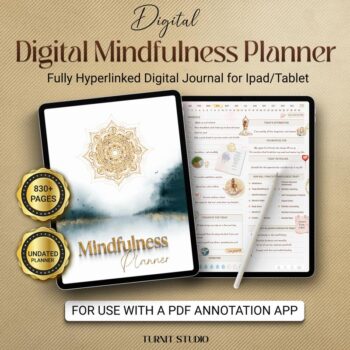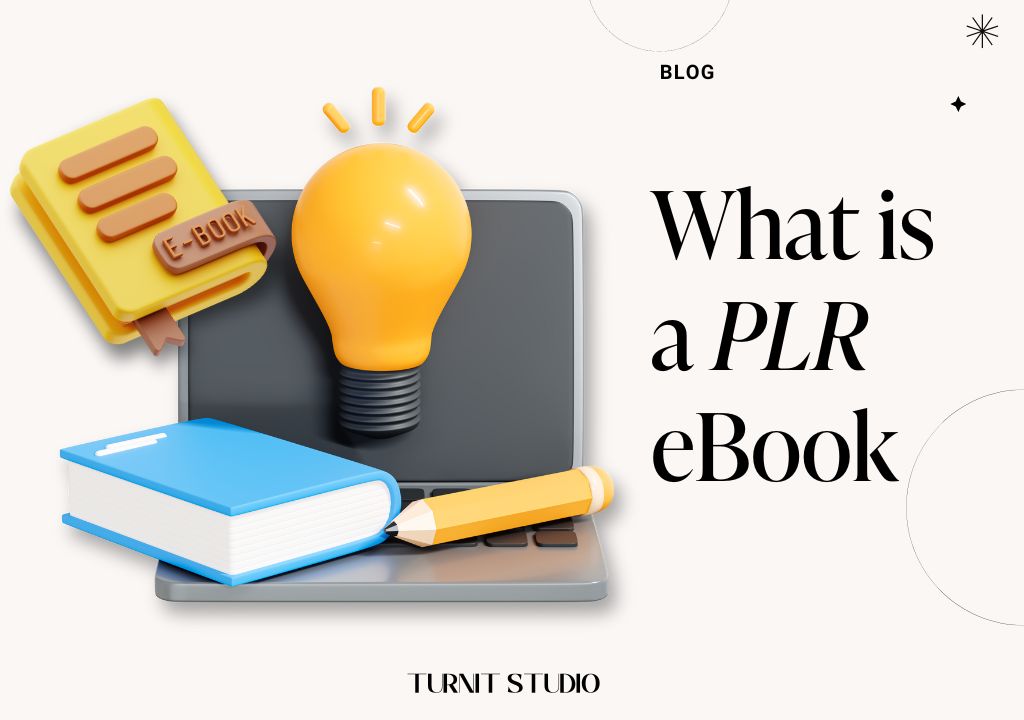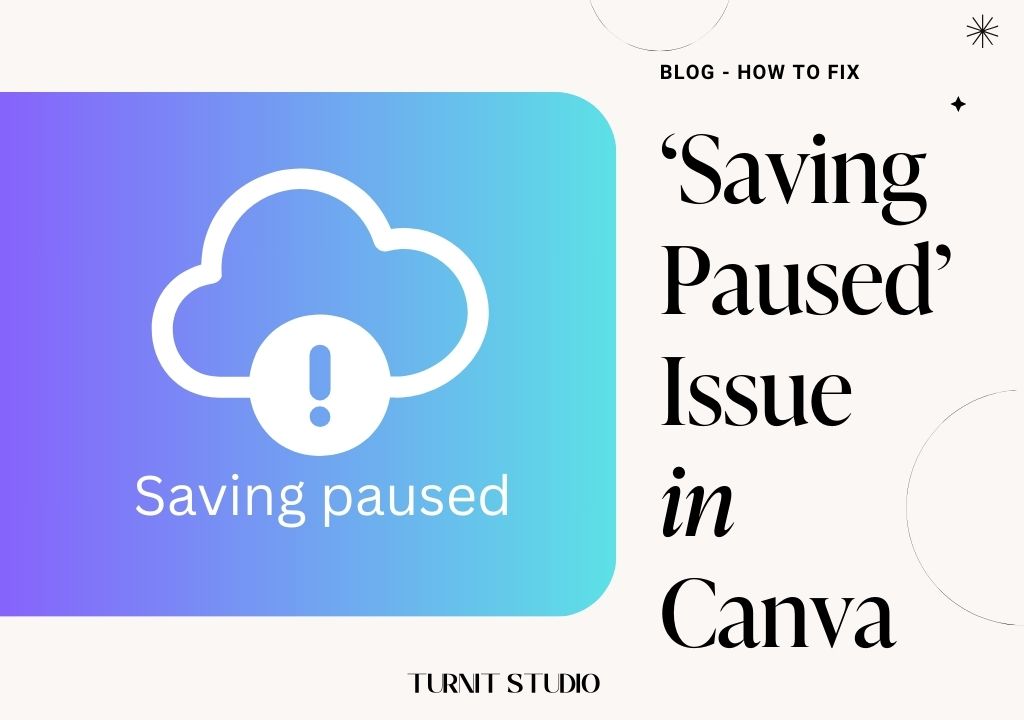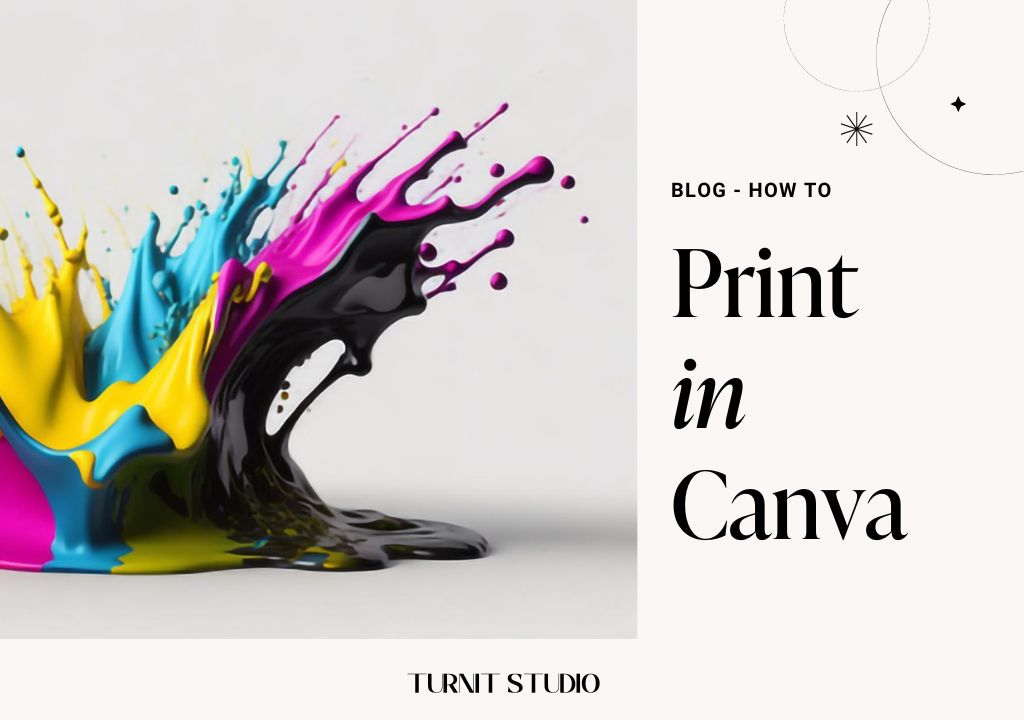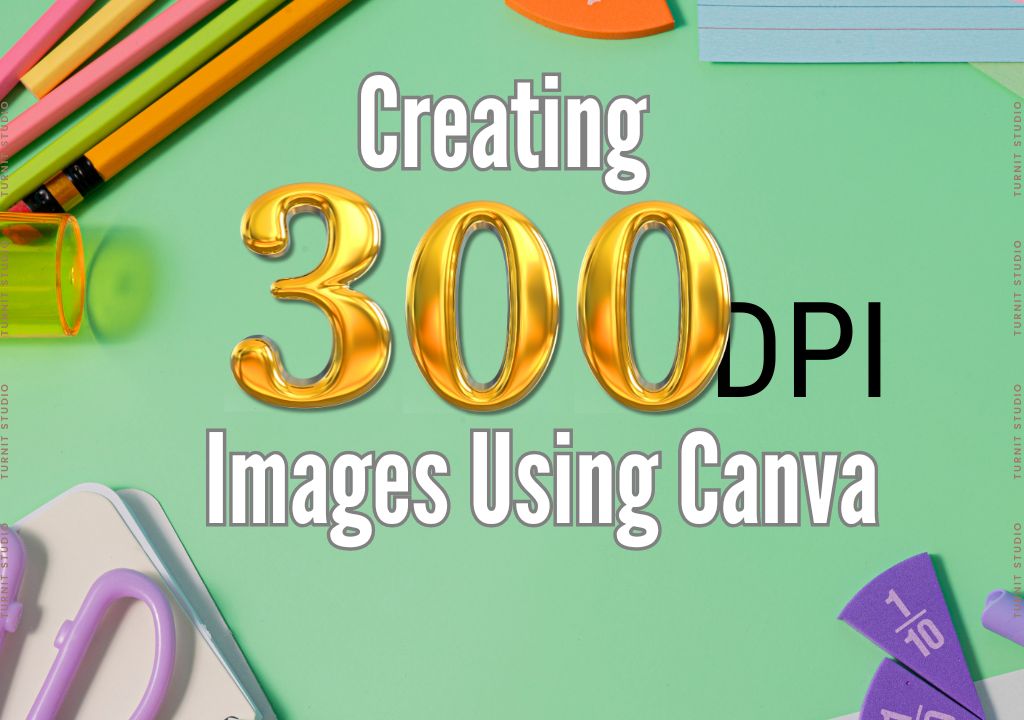Blog
Discovering the Transformative Definition of Mindfulness
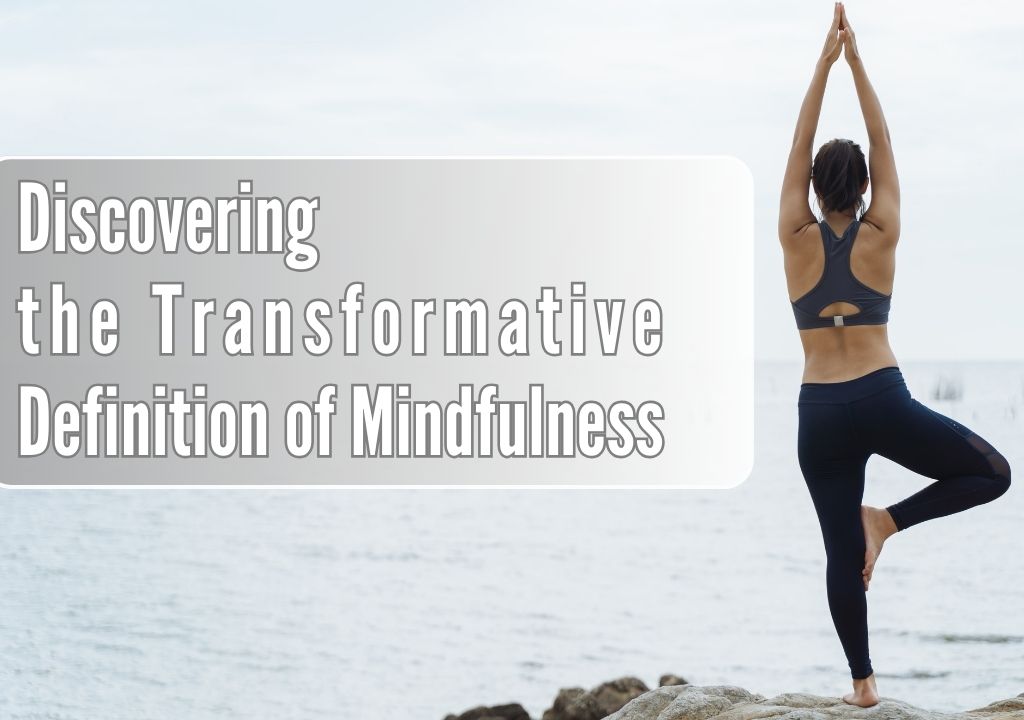
Mindfulness has become quite a buzzword lately, and for good reason! In this guide, we’re going to dive deep into what mindfulness and its benefits are all about, from its roots to its modern-day applications. By practicing mindfulness, you can experience a whole range of positive changes in your life, like feeling less stressed, being more focused, and enjoying better emotional well-being. So, let’s go on this journey together as we discover the incredible power of mindfulness. And hey, we’ll also explore how using a mindfulness planner can supercharge the benefits you get from your mindfulness activities. Ready to dive in?
The Origins of Mindfulness
The roots of mindfulness can be traced back to ancient traditions and civilizations that placed emphasis on spiritual development and self-awareness. In many Eastern cultures, mindfulness was an integral part of religious and philosophical practices. These ancient sages recognized the benefits of being fully present and focused, as it allowed them to deepen their understanding of themselves and the world around them.
One fascinating aspect of the origins of mindfulness is its connection to the concept of interconnectedness. Ancient traditions often viewed mindfulness as a way to not only understand oneself but also to recognize the interconnected nature of all things in the universe. This holistic approach to mindfulness highlights the importance of cultivating awareness not just for personal growth, but also for fostering harmony and balance in the world.
The History and Origins of Mindfulness
Mindfulness has been an integral part of various ancient traditions worldwide. From Buddhism and Hinduism to Taoism and Sufism, these traditions recognized the profound effects of mindfulness on transforming consciousness and achieving inner peace. These practices involved meditation, breath control, and mindful movement to develop heightened awareness and cultivate profound insights.
Furthermore, the practice of mindfulness in ancient traditions often extended beyond individual well-being to encompass societal harmony and environmental stewardship. By promoting mindfulness in all aspects of life, these traditions sought to create a more compassionate and sustainable world where individuals were deeply connected to each other and to the natural world around them.
Mindfulness in Eastern Philosophy
In Eastern philosophy, mindfulness is seen as a way to awaken the mind and gain a deeper understanding of reality. The teachings of influential figures such as Siddhartha Gautama (the Buddha) emphasized the practice of mindfulness as a means to alleviate suffering and achieve enlightenment. By focusing on the present moment without judgment, mindfulness allows individuals to connect with their true selves and experience profound inner transformation.
Moreover, mindfulness in Eastern philosophy is often viewed as a path to self-realization and transcendence. By cultivating mindfulness, individuals can transcend the limitations of the ego and tap into a higher state of consciousness, where they experience a sense of oneness with the universe and a deep connection to all living beings.
IN THIS ARTICLE
The Psychological Perspective of Mindfulness
Modern psychology has also recognized the immense value of mindfulness in cultivating mental health and well-being. From cognitive psychology to emotional regulation, the psychological perspective of mindfulness offers valuable insights into the mind-body connection and its impact on our daily lives.
Delving deeper into the psychological perspective of mindfulness, we find that its benefits extend beyond just cognitive psychology and emotional regulation. Mindfulness practices have also been linked to improvements in interpersonal relationships and social interactions. By being fully present in our interactions with others, we can cultivate empathy, active listening, and a deeper understanding of different perspectives.
Mindfulness in Cognitive Psychology
Cognitive psychology highlights the role of mindfulness in cultivating self-awareness and managing thoughts and emotions effectively. By observing our thoughts and feelings non-judgmentally, mindfulness allows us to distance ourselves from negative thinking patterns and develop a healthier relationship with our mental processes. Studies have shown that individuals who practice mindfulness regularly experience reduced levels of stress, improved focus, and enhanced cognitive flexibility.
Furthermore, mindfulness has been found to enhance creativity and problem-solving abilities in individuals. By fostering a state of open awareness and acceptance, mindfulness enables individuals to tap into their creative potential and approach challenges with a fresh perspective. This aspect of mindfulness in cognitive psychology underscores its holistic impact on cognitive functioning.
The Role of Mindfulness in Emotional Regulation
Emotional regulation is another domain where mindfulness holds great potential. By cultivating present moment awareness, individuals can observe their emotions without being overwhelmed by them. Mindfulness allows us to develop a non-reactive attitude towards our emotions, helping us make wise choices and respond skillfully to challenging situations. Through consistent practice, mindfulness can enhance emotional resilience and promote greater overall well-being.
Moreover, research has shown that mindfulness practices can lead to structural changes in the brain, particularly in areas associated with emotional regulation and self-awareness. These neurobiological changes support the notion that mindfulness is not just a mental exercise but a transformative practice that can rewire the brain for increased emotional balance and well-being.
The Science Behind Mindfulness
The scientific community has shown increasing interest in understanding the mechanisms underlying mindfulness and its impact on the brain and body. Through cutting-edge research and neuroimaging techniques, scientists have shed light on the physiological and neurological changes that occur as a result of mindfulness practice.
One fascinating aspect of mindfulness is its ability to influence not only the brain but also the body in profound ways. Beyond the well-documented benefits for mental health, mindfulness has been shown to have a positive impact on physical health as well. This dual effect underscores the holistic nature of mindfulness and its potential to promote overall well-being
Neurological Impacts of Mindfulness
Research has shown that regular mindfulness practice can lead to structural changes in the brain. Magnetic resonance imaging (MRI) scans have revealed that mindfulness is associated with increased gray matter in areas responsible for attention, self-awareness, and emotional regulation. These structural changes are linked to improved cognitive functions, emotional well-being, and increased resilience to stress.
Moreover, recent studies have delved deeper into the neural pathways affected by mindfulness, uncovering its role in enhancing neural plasticity and promoting neurogenesis. These findings suggest that mindfulness not only shapes existing brain structures but also has the potential to generate new neurons, offering a promising avenue for cognitive enhancement and emotional resilience.
Physiological Benefits of Mindfulness
Physiological benefits of mindfulness are numerous and well-documented. Studies have shown that mindfulness can reduce blood pressure, lower heart rate, and improve immune system functioning. Furthermore, practicing mindfulness has been found to decrease levels of stress hormones such as cortisol, leading to increased feelings of relaxation and overall well-being.
Additionally, emerging research has highlighted the role of mindfulness in modulating inflammation within the body. Chronic inflammation is linked to various health conditions, including cardiovascular disease and autoimmune disorders. By reducing inflammatory markers, mindfulness may offer a natural and accessible way to mitigate the risk of these inflammatory-related diseases, further emphasizing the importance of incorporating mindfulness practices into daily routines.
Mindfulness Techniques and Practices
There are various techniques and practices that can help individuals incorporate mindfulness into their daily lives. Two widely recognized methods are mindfulness meditation and mindful breathing.
Embarking on a journey of mindfulness involves more than just the act of meditation or focusing on breathing. It is a holistic approach to living that encourages individuals to be fully present in each moment, cultivating a sense of awareness and acceptance. By integrating mindfulness into daily activities such as eating, walking, or even washing dishes, individuals can experience a profound shift in their relationship with themselves and the world around them.
Mindfulness Meditation
Mindfulness meditation involves sitting in a quiet space and bringing attention to the present moment. By focusing on the breath or bodily sensations, individuals can train their minds to become more attentive and less entangled in thoughts and distractions. Regular meditation practice can lead to a greater sense of calm, clarity, and overall well-being.
As individuals delve deeper into the practice of mindfulness meditation, they may explore various techniques such as loving-kindness meditation, body scan meditation, or even movement-based practices like yoga or tai chi. Each approach offers a unique pathway to cultivating mindfulness and can cater to different preferences and needs.
Mindful Breathing and Body Scan
Mindful breathing is a simple yet powerful technique that can be practiced anywhere, anytime. By directing our attention to the breath, we can anchor ourselves in the present moment and let go of worries and stress. Similarly, body scan exercises involve paying attention to different parts of the body, bringing awareness to physical sensations and letting go of tension. These practices promote relaxation and a deeper connection with the body.
Furthermore, incorporating mindfulness into daily routines can extend beyond individual practices to interpersonal interactions. By engaging in mindful communication, individuals can enhance their relationships by listening attentively, speaking consciously, and fostering empathy and understanding. This mindful approach to communication can transform conflicts into opportunities for growth and connection, nurturing a sense of harmony and mutual respect.
The Role of Mindfulness in Daily Life
Mindfulness is not only relevant to meditation practice but also has extensive applications in various aspects of daily life, including personal relationships and the workplace.
Understanding the profound impact of mindfulness in our daily lives requires a deeper exploration of its roots and principles. Originating from ancient Buddhist practices, mindfulness involves being fully present in the moment with a non-judgmental awareness of one’s thoughts, feelings, and surroundings. This practice encourages individuals to observe their experiences without attachment or aversion, fostering a sense of clarity and inner peace.
Mindfulness in Personal Relationships
In personal relationships, mindfulness can enhance communication, empathy, and emotional intimacy. By being fully present and attentive to our loved ones, we can strengthen the quality of our connections and cultivate deeper understanding and compassion. Mindfulness helps us become better listeners and respond skillfully to the needs and emotions of others.
Moreover, practicing mindfulness in personal relationships can also lead to a greater sense of gratitude and appreciation for the people in our lives. By approaching interactions with mindfulness, individuals can let go of past grievances and future worries, allowing for a more authentic and harmonious connection with others.
Mindfulness at Work
In the workplace, mindfulness has the potential to improve focus, productivity, and overall well-being. By cultivating mindfulness during work tasks, individuals can enhance their ability to manage stress, make clear decisions, and build positive relationships with colleagues. Many organizations are now incorporating mindfulness programs and practices to promote the well-being and performance of their employees.
Furthermore, integrating mindfulness practices in the workplace can foster a culture of creativity and innovation. By encouraging employees to approach challenges with a mindful perspective, organizations can tap into their collective creativity and problem-solving skills. This not only enhances individual job satisfaction but also contributes to the overall success and growth of the company.
Misconceptions and Myths about Mindfulness
Despite its growing popularity, mindfulness is not immune to misconceptions and myths. Understanding and debunking these misconceptions can enable us to embrace mindfulness with greater clarity and confidence.
Delving deeper into the world of mindfulness, we discover a rich tapestry of practices and philosophies that go beyond the surface-level misconceptions. Mindfulness is not just a trend or a passing fad; it is a profound way of life that has roots in ancient contemplative traditions.
Debunking Common Misunderstandings
One common misconception is that mindfulness is about emptying the mind or achieving a state of bliss. In reality, mindfulness is about being present with whatever arises, whether it is pleasant or unpleasant. It is not about attaining a specific state but rather accepting and embracing the full spectrum of human experiences.
Furthermore, mindfulness is not a quick fix or a one-size-fits-all solution to life’s challenges. It requires dedication, practice, and a willingness to explore the depths of our own consciousness. By debunking these misconceptions, we open ourselves up to a more authentic and transformative mindfulness practice.
The Truth about Mindfulness and Stress Reduction
Another myth surrounding mindfulness is that it is solely focused on stress reduction. While mindfulness can indeed help manage stress, its benefits extend far beyond stress reduction. Mindfulness provides a holistic approach to personal growth and well-being, offering insight and a sense of connectedness to ourselves and the world around us.
Through mindfulness, we learn to cultivate a sense of awareness and compassion towards ourselves and others. This practice goes beyond the individual level and has the potential to create positive ripple effects in our relationships, communities, and society at large. By embracing the true essence of mindfulness, we embark on a journey of self-discovery and inner peace that transcends the limitations of misconceptions and myths.
The Future of Mindfulness
In an increasingly digital age, mindfulness has the potential to play a crucial role in fostering balance and well-being. As technology continues to shape our lives, there is a growing need for individuals to disconnect, cultivate self-awareness, and find meaning in the present moment.
Mindfulness in the Digital Age
Mindfulness apps, online courses, and virtual communities have emerged to meet the demands of the digital age. These resources provide accessible platforms for individuals to incorporate mindfulness into their daily lives, regardless of their geographical location. By harnessing the power of technology, mindfulness can reach a wider audience and empower individuals to live more consciously and authentically.
Imagine a world where you can seamlessly integrate mindfulness into your busy schedule, with just a few taps on your smartphone. Picture yourself taking a mindful walk through a virtual forest, guided by a soothing voice that helps you connect with nature even in the midst of a bustling city. With the advancements in virtual reality technology, these immersive experiences are becoming a reality, allowing individuals to find moments of tranquility and self-reflection wherever they are.
The Growing Acceptance of Mindfulness in Healthcare
Within the healthcare system, there is a growing acceptance of mindfulness as an effective complementary therapy. From stress reduction programs in hospitals to mindfulness-based interventions for mental health disorders, healthcare professionals are recognizing the potential of mindfulness in enhancing patient well-being and quality of care. As more research emerges, mindfulness has the potential to become an integral part of healthcare practices worldwide.
Imagine a future where mindfulness is seamlessly integrated into healthcare settings, where doctors prescribe mindfulness exercises alongside medication, and hospitals offer mindfulness retreats to patients as part of their recovery process. This holistic approach to healthcare recognizes the interconnectedness of the mind and body, and empowers individuals to take an active role in their own healing journey.
Introducing the 2024 BLACK GIRL Digital Planner – your ultimate companion for a year of empowerment and organization! With an impressive 566 pages fully hyperlinked, this planner is designed to keep you on track and inspired every step of the way. Whether you’re juggling work, school, or personal goals, this planner has you covered. Compatible with popular note-taking apps like GoodNotes, Notability, and Xodo, it seamlessly integrates into your digital lifestyle. Plus, with additional templates for wellness, fitness, finance, and productivity, you’ll have everything you need to thrive in the year ahead. Don’t miss out on this essential tool for success. Get your 2024 BLACK GIRL Digital Planner today and start conquering your goals with confidence!
Conclusion
In conclusion, understanding the definition of mindfulness involves delving into its rich origins, exploring its psychological perspective, examining the science behind it, and learning the techniques to incorporate it into our daily lives. By dispelling the myths and embracing the future possibilities, we can tap into the transformative power of mindfulness and experience greater well-being, connection, and fulfillment in our lives.
Did you know that Canva offers an exclusive Pro discount for students and teachers? It’s a fantastic opportunity to enhance your design capabilities at a special rate. If you’re a student or educator, don’t miss out on this great deal! Learn more about getting your Canva Pro student discount on A Guide to Getting a Canva Student Discount
Digital Mindfulness Planner
Digital Mindfulness Planner for iPad, GoodNotes, Healing Anxiety and Self Care

